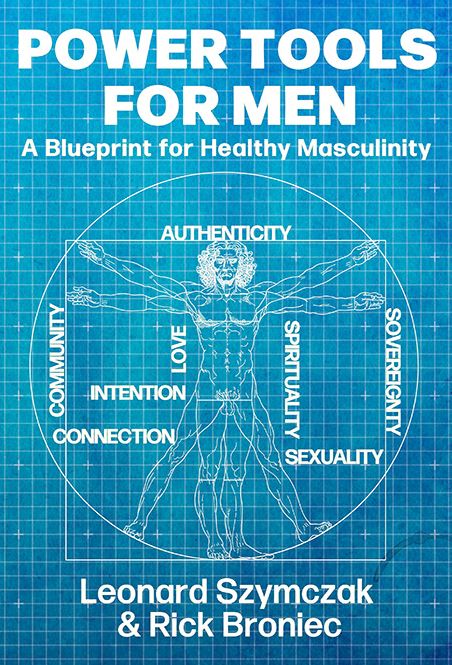March 22, 2024
AGING: THE TOP TEN LESSONS
 Aging is a curriculum we all must take. However, we will do everything in our power to avoid the lessons of aging. We may be trying to stay young, but we’re getting older each day. The actress Bette Davis once said, “Old age is not for sissies.” That may be true, but the curriculum of aging offers many lessons.
Aging is a curriculum we all must take. However, we will do everything in our power to avoid the lessons of aging. We may be trying to stay young, but we’re getting older each day. The actress Bette Davis once said, “Old age is not for sissies.” That may be true, but the curriculum of aging offers many lessons.
Here are my top ten:
- Expect the unexpected. We can’t predict when we’ll have a health challenge or even have difficulty remembering a name. Aging is inevitable, just like the seasons. Each day brings surprises. Some of them will bring joy, like a phone call or text from a friend or grandchild. Others will bring pain, like an aching joint, medical news, or disrupted sleep.
- Accept what is. Even though we may get older, and that often means we’re unable to do what we had done in the past like skiing, we can accept what we can accept what we can still do like continue with certain hobbies and activities. I can be more accepting of our frailties and the frailties of others, and we can accept the love and support from family and friends.
- Grieve the losses. With aging comes loss—of dreams that won’t be realized, of physical health, and of friends and loved ones who die. Loss tenderizes us to life and to our emotions. As we age, we are meant to grieve because just as we say hello to life’s experiences, so do we also say goodbye.
- Welcome wisdom. We can recognize the gifts that come from past mistakes and failures. That wisdom helps us make better choices today. We can also recognize how people and circumstances offer us opportunities to grow and evolve. Wisdom also teaches us that it’s okay to ask for and receive help.
- Share the journey. Aging is not a time for isolation. The lessons of the curriculum are meant to be shared with family, friends, and others in our community. Participating in groups where others are openly talking about their aging process provides an opportunity to receive and give compassion, support, and love.
- Have a “What the hell attitude.” Getting old means that we have earned the right to say, “What the hell, I’m standing up for myself.” That attitude can make us less reticent to speak up for ourselves. If we don’t stand up for ourselves now, then when will we do it?
- Make time for fun and pleasure. Again, if not now, then when? We can do something fun and pleasurable every day. It may be as simple as going for a walk, having a meal with a friend, or creating intimate time with a sweetheart. By the way, sex can get better as we age since there’s less pressure to rush to the finish line!
- Be grateful. Gratitude is worth cultivating because there are days when we won’t feel grateful, especially when we’re having problems with our health. However, we can be grateful that we can see and still drive, hear music, taste wonderful food, smell exotic fragrances, and feel the touch of love. Being grateful for each moment makes each moment precious.
- Create a legacy. With age comes the realization that our time is limited. Therefore, the sense of urgency about how to spend the rest of our lives can become a motivating force to create a bucket list of what we want to experience before we die. We can imagine how we want others to remember our legacy and use the remainder of our lives to create a life worth living.
- Connect with our Creator. Since our time on Earth will someday end, it becomes increasingly important to develop and maintain a spiritual relationship with a Higher Power. That relationship can provide immense inner peace as we navigate the rest of our lives.
Since today is the youngest you’ll ever be, don’t wait until you get older to embrace the lessons of aging. Living them fosters a life well lived.




 While Valentine’s Day may boost the sales of flowers, chocolate and Hallmark cards, it also offers an opportunity to revitalize relationships. Red hearts, displayed in stores remind us of romance and acts of love. However, if you’ve been with a person for a length of time, you may find yourself less inclined to give Valentine’s Day any serious thought. After all, he or she should know by now how you really feel about the relationship.
While Valentine’s Day may boost the sales of flowers, chocolate and Hallmark cards, it also offers an opportunity to revitalize relationships. Red hearts, displayed in stores remind us of romance and acts of love. However, if you’ve been with a person for a length of time, you may find yourself less inclined to give Valentine’s Day any serious thought. After all, he or she should know by now how you really feel about the relationship. When I hear about another mass shooting, I automatically assume the shooter is a male. Of all the mass shootings in recorded U.S. History, 98% are committed by men. Already in 2022 there’s been some 200 mass shootings.
When I hear about another mass shooting, I automatically assume the shooter is a male. Of all the mass shootings in recorded U.S. History, 98% are committed by men. Already in 2022 there’s been some 200 mass shootings.




